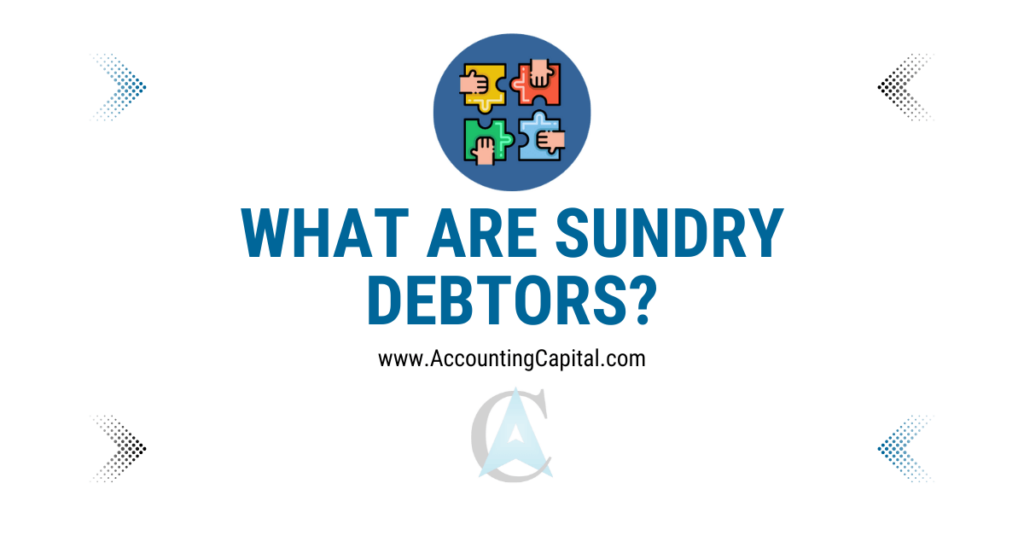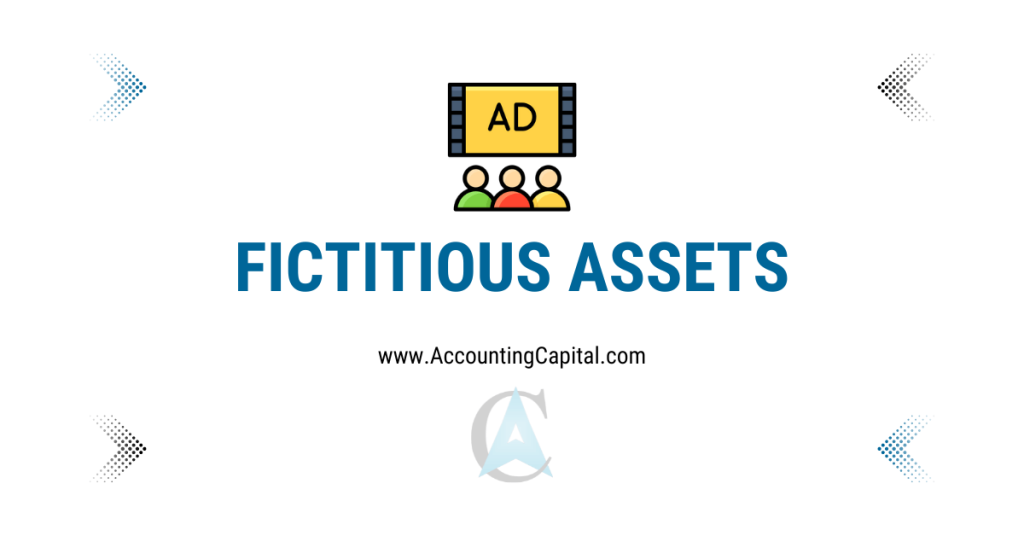Assets
Definition and Meaning The term “estimate” means to evaluate or judge the value of something roughly. When it comes to bookkeeping, there are many things to estimate, and one of those things is assets. An asset’s estimated useful life is the duration for which it is expected to remain in productive use before it becomes outdated […]
Meaning and Formula Net Book Value represents the carrying value of an asset that is equal to the value after deducting depreciation, depletion, amortization and/or accumulated impairment, to date. It is the value at which an asset is recorded in the balance sheet of an enterprise. Further, normal wear-tear, obsolescence, natural factors and other such […]
Meaning Example and Treatment in the Balance Sheet Type of Account Journal Entry Sundry Debtors in Trial Balance Sundry Debtors and Creditors Is Sundry Debtor an Asset or Liability? Quiz Conclusion Meaning The term ‘Debtor’ refers to a person or entity that owes money to your business for goods or services sold on credit. […]
Liquid Assets The term is usually encountered when dealing with assets which are highly liquid in nature. Liquid assets are either cash, cash equivalents or they can be converted into cash at very short notice. They are also referred to as Quick Assets. Quick assets can be calculated as [Current Assets – Inventory – Prepaid Expenses]. […]
Depletion It is a systematic reduction in the value of a natural resource as an asset. In accounting, depletion is mainly associated with the extraction of natural resources i.e. mineral assets. For example – extraction of coal from a mine, extraction of limestone from a quarry, unearthing oil from an oil well, etc. The cost […]
Calculate Scrap Value of an Asset -SLM/WDV The scrap value of an asset may be defined as the maximum value that can be fetched by salvaging or selling it after its useful life. It is also known as salvage value, residual value or break-up value. To know how to calculate the scrap value of an asset it is important […]
Scrap Value of an Asset – Meaning Scrap value of an asset may be defined as the estimated price that can be collected by salvaging or selling the asset after its useful life. In other words, it is the approximated value at which an asset can be sold in the open market after the expiration […]
Meaning Assets which don’t have a physical existence and can not be touched and felt are called intangible assets. Unlike tangible assets which can be touched & felt intangible assets are nonphysical, invisible, long-term and difficult to quantify. This type of asset can either be definite i.e. it will expire after a certain time period […]
Meaning of Tangible Assets Assets that have a physical existence and can be touched and felt are called tangible assets. They consist of both fixed and current assets, they are always at risk of destruction from natural incidents, theft, accidents, etc. A business would usually insure them to safeguard themselves against unseen future events. Such […]
Fixed Assets – Definition and Meaning In accounting, fixed assets are assets which cannot be converted into cash immediately. They are primarily tangible assets used in production having a useful life of more than one accounting period. Unlike current assets or liquid assets, fixed assets are for the purpose of deriving long-term benefits. Generally, it […]
Disposal of Fixed Asset Without Asset Disposal Account When an asset is being sold a new account called “Asset Disposal Account” is created in the ledger. This account is created to ascertain profit earned or loss incurred on sale of fixed asset, alternatively, all adjustments can be done inside the asset account without opening an […]
Asset Disposal Account When an asset is being sold, a new account in the name of “Asset Disposal Account” is created in the ledger. This account is primarily created to ascertain profit on sale of fixed assets or loss on the sale of fixed assets. The difference between the amount received from sale proceeds and […]
Non-Performing Assets or NPA Non-performing assets or NPA are the loans provided by the banks to retail or institutional clients which are no more performing up to the mark or a preset standard. These are basically loans turned bad. It is all form of credit which is extended by a bank or NBFC and is […]
Assets A thing, person, or quality which is useful or beneficial is termed an asset. In the financial world, assets are things tangible or intangible that hold an economic value and are held by businesses to extract future benefits. Their value is adjudged by the amount they can fetch in monetary terms & that number […]
Contingent Assets The word contingent or contingency means “possible, but not certain to occur”. Contingent assets are those assets which may or may not become a reality for a business depending on the outcome of a future event. The existence of this kind of asset is completely dependent on the occurrence of a probable event in […]
Calculation of Depreciation Rate % The reduction in value of an asset due to normal usage, wear and tear, new technology or unfavourable market conditions is called depreciation. Assets such as plant and machinery, buildings, vehicles and other assets which are expected to last more than one year but not for infinity are subject to depreciation. Formula […]
Current Assets Definition Current assets are assets which are held by a business for a short period, mainly a year, or within an accounting cycle of a business. These are balance sheet accounts which can either be converted to cash or used to pay current liabilities within the same time frame. These are typically seen as […]
Depreciation Depreciation is a reduction in the value of a tangible fixed asset due to normal usage, wear and tear, new technology, or unfavourable market conditions. Unlike amortization, which is applied to intangible assets, depreciation is applicable to tangible assets. In Simple Terms – Depreciation is when an asset loses value over time. This can […]
Meaning Examples Inside the Balance Sheet Is Goodwill a Fictitious Asset? Difference Between Fictitious Assets and Intangible Assets Quiz Revision Video Journal Entry Which Accounts are Fictitious Assets Transferred to? Conclusion Meaning of Fictitious Assets The best way to understand this is to memorize the meaning of the word “fictitious” which means “not true” […]

